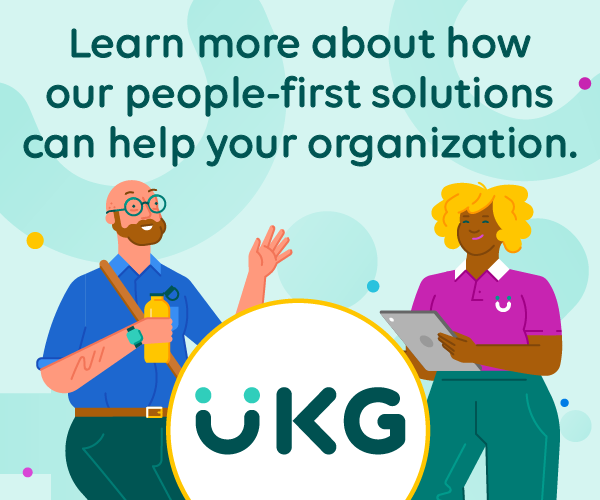Preventing Burnout: Support Is Key
Many of us wear our busy schedules and tight deadlines like badges of honour.
We rise to the occasion over and over again, taking pride in our ability to keep up with the strong current of work that comes our way. But while our focus is on getting through each day, an undertow of feeling overwhelmed, inadequate or unappreciated sometimes builds momentum.
This undertow, if not addressed, can sweep us off our feet.
What Is Burnout?
Burnout isn’t just about being busy or having a heavy workload. Our perception of our work, our workplace and ourselves all play a big role. Some contributors to burnout include feeling unsupported at work–that demands are unreasonable, expectations are unclear or that nothing will ever change for the better.
Although ‘burnout’ is not classified as a medical condition, it is a term for an occupational phenomenon that is familiar to many.
There are numerous signs of burnout, including fatigue, apathy and less motivation, decreased employee morale and increased turnover (one person’s experience of burnout can affect the entire team), errors and accidents, physical health issues, and ‘presenteeism’– where an employee still comes to work, and may even be at work for longer hours, but their tasks are not getting done or aren’t completed to a typical standard.
How Can Burnout Be Prevented?
An unprecedented number of people are feeling fatigue right now, from the pandemic stretching on, to climate events and natural disasters. We are in the thick of it, and ‘bootstrapping’ through burnout won’t be enough.
In human resources, you play an important role in connecting employees with the help they need. You can also encourage employers, managers, and employees to look out for and support one another. Reaching out — whether to share resources, or to listen and express support — is a fundamental way to help colleagues and employees.
For employers and managers, it is important to regularly take the pulse of your team. This can be done through informal check-ins, formal meetings and by using tools suchas the Guarding Minds at Work survey on an annual basis. Know that issues which may seem like performance problems could actually be related to burnout or other mental health issues, so approach conversations from a place of respect and care. Don’t wait for yearly performance evaluations to bring up your concerns. When trying to help someone get back on track, timely feedback and intervention are key.
As an employee, you might be the first to notice that a colleague is not their usual self. You can open the door to talk about your colleague’s experiences and then encourage them to get support from the appropriate person at work and your employee assistance plan, or free community resources such as BounceBack BC.
Lastly, as you read this, you might be noticing some of the symptoms of burnout in yourself. Human Resources professionals are not immune to this phenomenon.
In fact, because we are often in positions to help others, those in HR may be tempted to put on a brave face or force a smile, denying that anything is wrong. It is important not to ignore how you’re feeling, especially if you’ve felt this way for a while.
Take a moment to reflect on the reason you were drawn to your work or your employer, as well as the other aspects of your life that motivate you. If this is difficult, set an intention now to access a service that can help you, even if you just need someone neutral to talk to. In addition to the resources already mentioned, your family doctor/general practitioner, HealthLink BC (8-1-1) and the 310-Mental Health Line (310-6789) may also provide support.
If you’d like to learn more about responding to mental health at work, the Canadian Mental Health Association offers a range of workplace training options. From all-staff presentations to building specialized skills, you can work with CMHA to ensure your employees and members get the support they need.
CMHA is Canada’s most established mental health charity and the nation-wide leader and champion for mental health. CMHA helps people access the resources they need to maintain and improve mental health, build resilience, and support recovery from mental illness. Each year in BC alone, CMHA serves more than 100,000 people across the province. For mental health and addiction information and resources visit www.cmha.bc.ca.
For the latest HR and business articles, check out our main page.
Reader Feedback
We want to hear from you!
Do you have a story idea you’d like to see covered by PeopleTalk?
Or maybe you’ve got a question we could ask our members in our People & Perspectives section?
Or maybe you just want to tell us how much you liked the article.
The door is always open.








